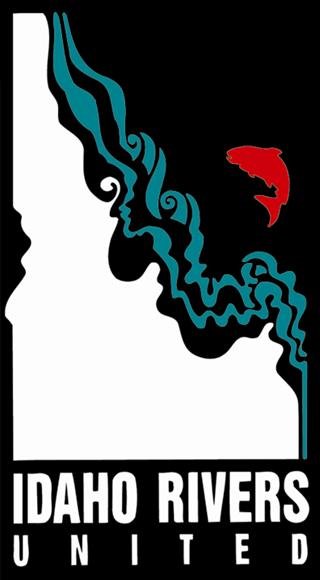Columbia Basin Collaborative: The process & what it means
The Columbia Basin Collaborative (CBC) held a second workshop this month to inform stakeholders of the trajectory for the newly formed regional salmon recovery process. Once members representing State and Tribal governments and various stakeholder groups are selected, the CBC will kick off in earnest this fall, focusing on first identifying priority salmon recovery actions.
In the following months, the group will consider the feasibility of implementing those actions, as the collaborative settles on recommendations to be forwarded on to decision-makers. In other words, the CBC is set up for plenty of process and a concerning lack of the bold action and swift coordination that our wild salmon need now more than ever.
At IRU we share the sentiments of many salmon advocates when it comes to the CBC. There is potential for good work to be done in this process and greater collaboration between state and tribal fishery managers. However, we also share the concern of many that we will miss out on a once-in-a-lifetime opportunity to secure Congressional funding for regional infrastructure and salmon recovery in the coming months as part of the Biden administration’s national infrastructure plan.
During the group discussion portion of the workshop, many stakeholders expressed urgency and the need to engage in recovery actions quickly, pointing out the decades of science already available showing the negative relationship between dam passage and juvenile salmon survival. The Affiliated Tribes of Northwest Indians released a statement earlier this month emphasizing that same urgency and announcing unified support for Congressman Mike Simpson’s plan for a restored Lower Snake River and revitalized Northwest communities.
Securing Congressional funding for region-wide investment in salmon recovery, renewable energy, agriculture, and local communities should be prioritized by our Northwest elected representatives. The CBC risks irrelevance if the process becomes another platform to discuss and dissect each factor affecting salmon survival, from predation to ocean conditions.
Thirty years of status quo recovery strategy has come up far short of recovering salmon. The time is now for scientifically informed action centered around breaching the earthen embankments at four Lower Snake River dams and giving our wild salmon a free-flowing river.

